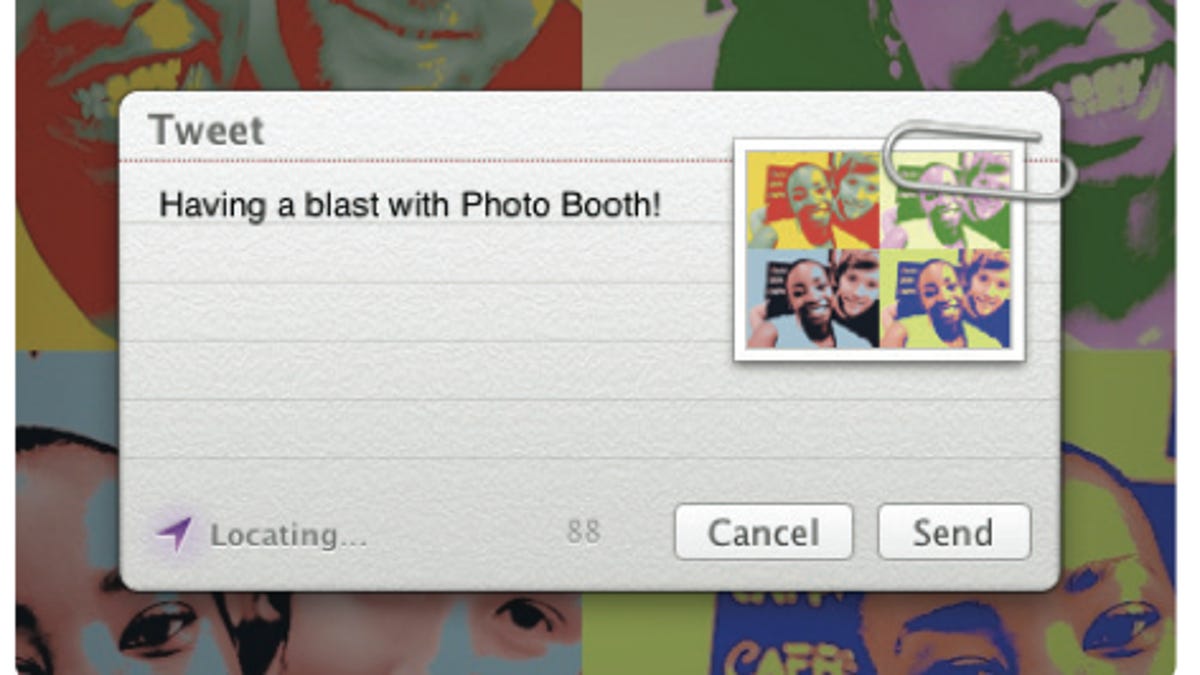Apple vs. Facebook: Why users are the losers
When big companies fight, it's rarely the big companies themselves that take the biggest hit.

commentary At first glance, it looks like Apple really loves Twitter. The reality, however, is that it hates Facebook.
It sure seems that way, at least.
Apple's distaste for Facebook became apparent with last week's preview release to developers of Mountain Lion, the newest version of Apple's OS for computers. The OS includes a slew of new apps (Game Center, Reminders, Notes) and new features (Gatekeeper, Notification Center). What it doesn't include is Facebook integration--a baked-in connection to Facebook that would make it easier for Apple users to share more on the world's largest social network.
Instead, Apple again chose to anoint Twitter as its social media service of choice. When Mountain Lion becomes available to consumers this summer, users will be able to tweet directly from Apple's suite of Mountain Lion apps, much like iPhone users can thanks to the iOS Twitter integration. This is another big win for Twitter, which received a 25 percent boost in new users last fall when Apple's latest iOS was released.
Why did Apple bless Twitter and shun Facebook? The answer lies in the rocky relationship between the two companies, something that--at least publicly--began after Apple yanked Facebook support out of its Ping music social network at the last minute. The late Steve Jobs claimed that Facebook demanded "onerous terms" for Facebook integration into Ping, so Apple balked. (Whether that was smart, given Ping's lackluster performance, is a subject for another day.)
The rift turned into a chasm after the HP TouchPad debacle. In early 2011, Facebook agreed to launch its first tablet app exclusively for the iPad. Hewlett-Packard had a different plan, however. HP intended to release a Facebook app for the TouchPad first--something that, not surprisingly, didn't please Jobs.
Facebook tried to stop the TouchPad app and salvage the situation, but the damage was done. Ever since then, Apple's high-profile allegiance has been with Twitter--not Facebook--for its social media partnerships, and Twitter ended up the unlikely victor in this clash of tech titans.
Unfortunately, the real losers in this battle are those of us who use Facebook and Apple products. Customers are the ones deprived of incredibly useful features--all because these two companies can't strike a deal.
There's no reason that iOS and OS X can't and shouldn't support both Facebook and Twitter. Looking back at additions like deep Facebook integration in the latest iPhoto and forward to rumors about the next iOS update bringing Facebook sharing into the mix, it looks like that could end up being the case. The problem, as is often the case in business, boils down to bruised egos. Apple isn't very forgiving, even in the post-Jobs era.
While neither side necessarily needs the other, Facebook has a lot more to gain from repairing the relationship than Apple does. Facebook needs to prod its users to share and post more so that it can serve more ads to them; that, after all, is its business model. Deeper Facebook integration in iOS and OS X would do just that by making it simple and quick for people to do more on Facebook.
The help Facebook would get would likely be bigger than Twitter's, based on Facebook's size alone. Apple, on the other hand, isn't likely to receive any meaningful jump in sales by adding Facebook to iOS and deepening ties in OS X. It just doesn't need Facebook.
Facebook on the other hand, should be pushing to fix the damage and get its social network tightly intertwined with Apple's devices at a time where mobile is where the big growth is. I hope Zuck and his team find a way to fix the damage and get its social network onto iOS and OS X. It would certainly help Facebook's mission "to make the world more open and connected."

